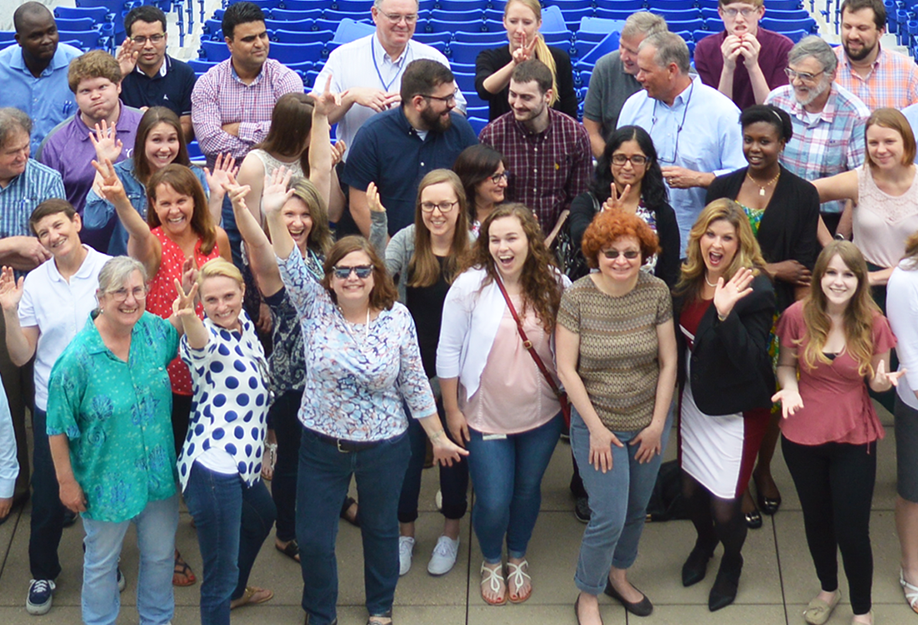News

And now for something a little different... Instead of suggesting something to read this month I'm going to suggest something to listen to (thanks for Bobby Murphy for this idea!). There are a lot of podcasts out there, including a lot that are science-based. One that looks particularly interesting comes from the BBC and is called "The Life Scientific". A different scientist is interviewed in each episode, providing insight into different fields, the different paths people take, and a variety of careers.

In September the Department had ten new publications listed in PubMed.
1: Zhang J, Liu Y, Jiang K, Jia J. Hedgehog signaling promotes lipolysis in adipose tissue through directly regulating Bmm/ATGL lipase. Dev Biol. 2019 Sep 21. pii: S0012-1606(19)30338-0. doi: 10.1016/j.ydbio.2019.09.009. [Epub ahead of print] PubMed PMID: 31550483.
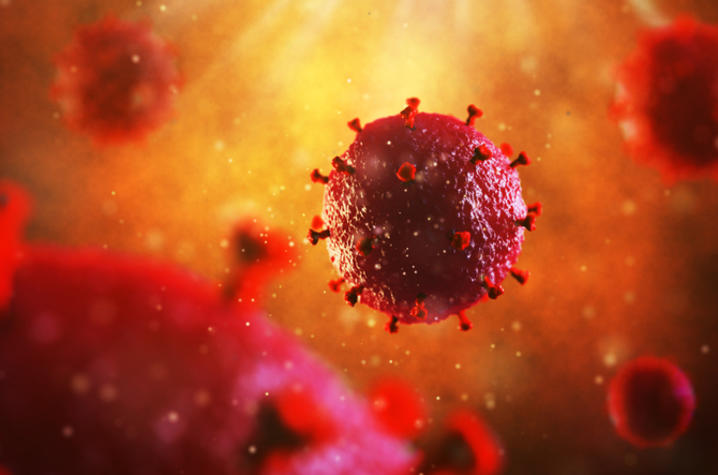
Decades of research and treatment advances have helped extend the lives of many people living with HIV, but while these patients live longer, their risk of developing dangerous blood clots increases as much as tenfold. Blood clots – also known as thrombi – can wreak havoc on the body, causing events such as debilitating strokes and heart attacks.
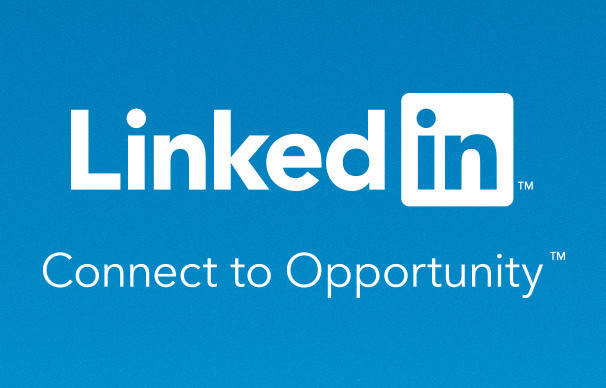
Some academics like to make fun of LinkedIn, but that's because they don't really use it. A LOT of people outside of academia, and some inside, do. And you should too. LinkedIn is a sort of professional social media platform. And like all social media platforms, you can't get anything much out of it unless you contribute. Many academics will sign up, connect with a bunch of other academics, then sit back and wonder what was the point since it wasn't doing anything for them.

The world of pediatric cancer treatment has seen huge advancements in treatments over the past 60 years – in the 1950s, less than 10 percent of children were cured of their cancer. Today, the number of survivors is nearly 80 percent.
However, that still means that one in five children diagnosed with cancer will not survive. Many childhood cancers can be extremely difficult to treat, and research is key to developing new, better therapies for these diseases.
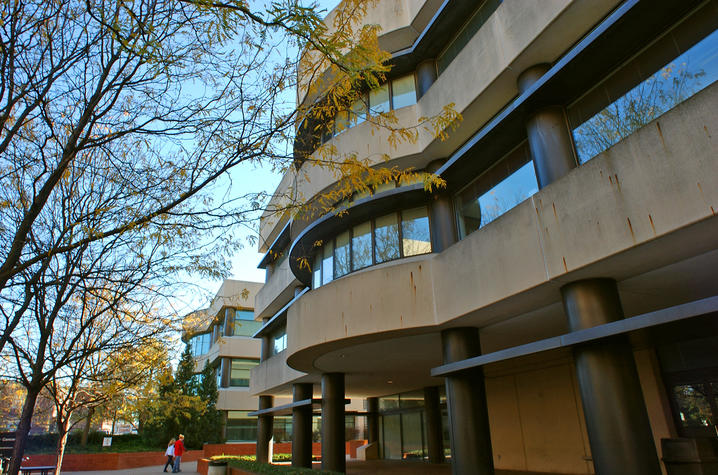
Researchers at the University of Kentucky Markey Cancer Center have made a breakthrough discovery that solves a mystery long forgotten by science and have identified a potentially novel avenue in pre-clinical models to treat non-small cell lung cancers.
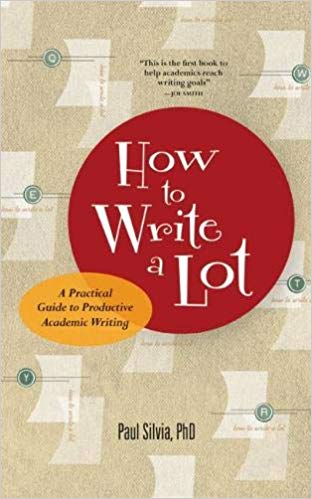
This month's suggested reading is "How to Write a Lot: A Practical Guide to Productive Academic Writing" by Paul Silvia. Some people find writing easy. Some find it hard. Either way, from your graduate training on you get to do a lot of it. This slim volume (just 110 pages!) provides some guidelines to help you get it done (hint: just do it).
Find it here!
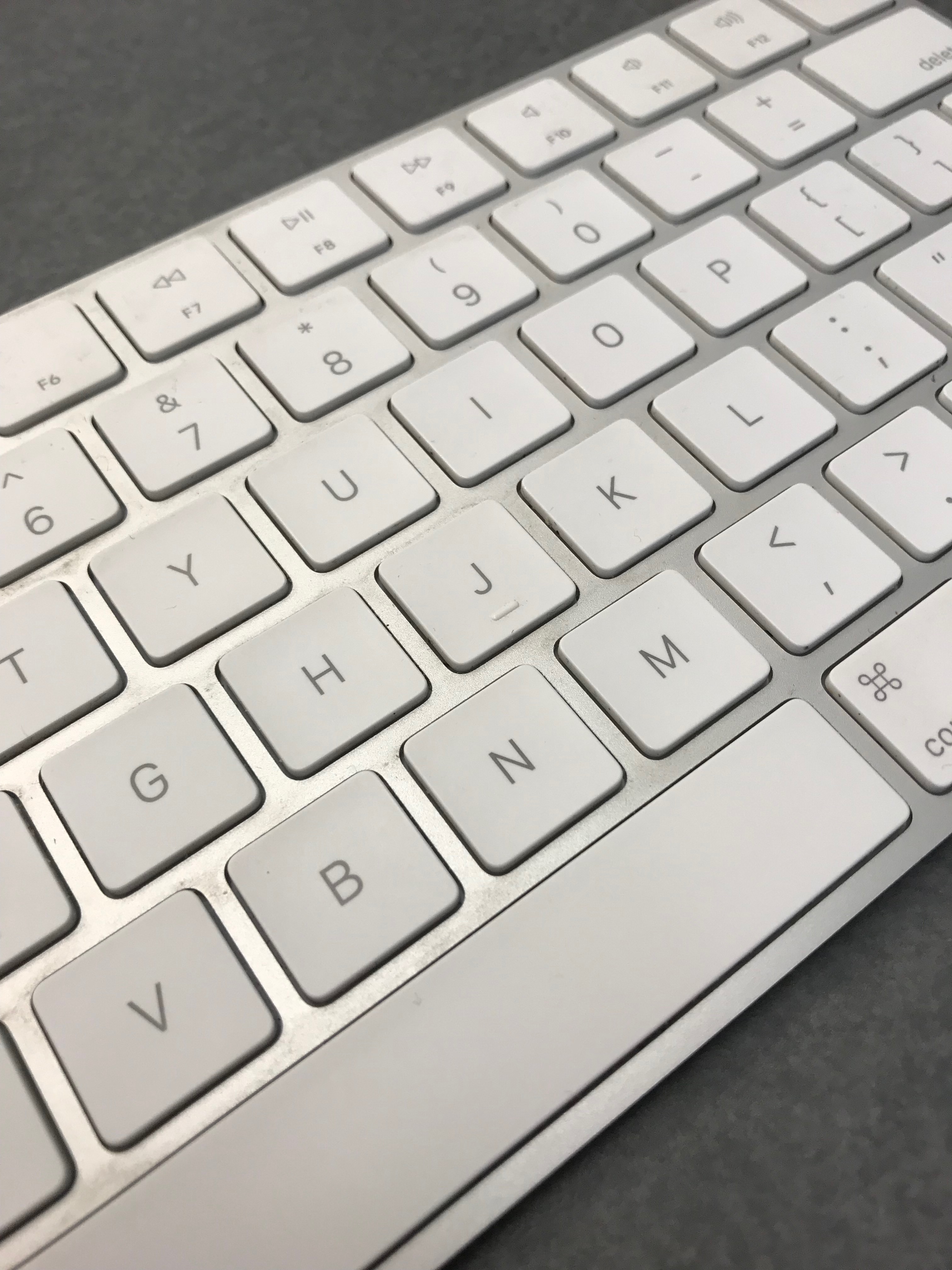
In August the Department had six new publications listed in PubMed.
1: Slaughter KB, Dutch RE. Transmembrane domain dissociation is required for Hendra F protein fusogenic activity. J Virol. 2019 Aug 28. pii: JVI.01069-19. doi: 10.1128/JVI.01069-19. [Epub ahead of print] PubMed PMID: 31462574.
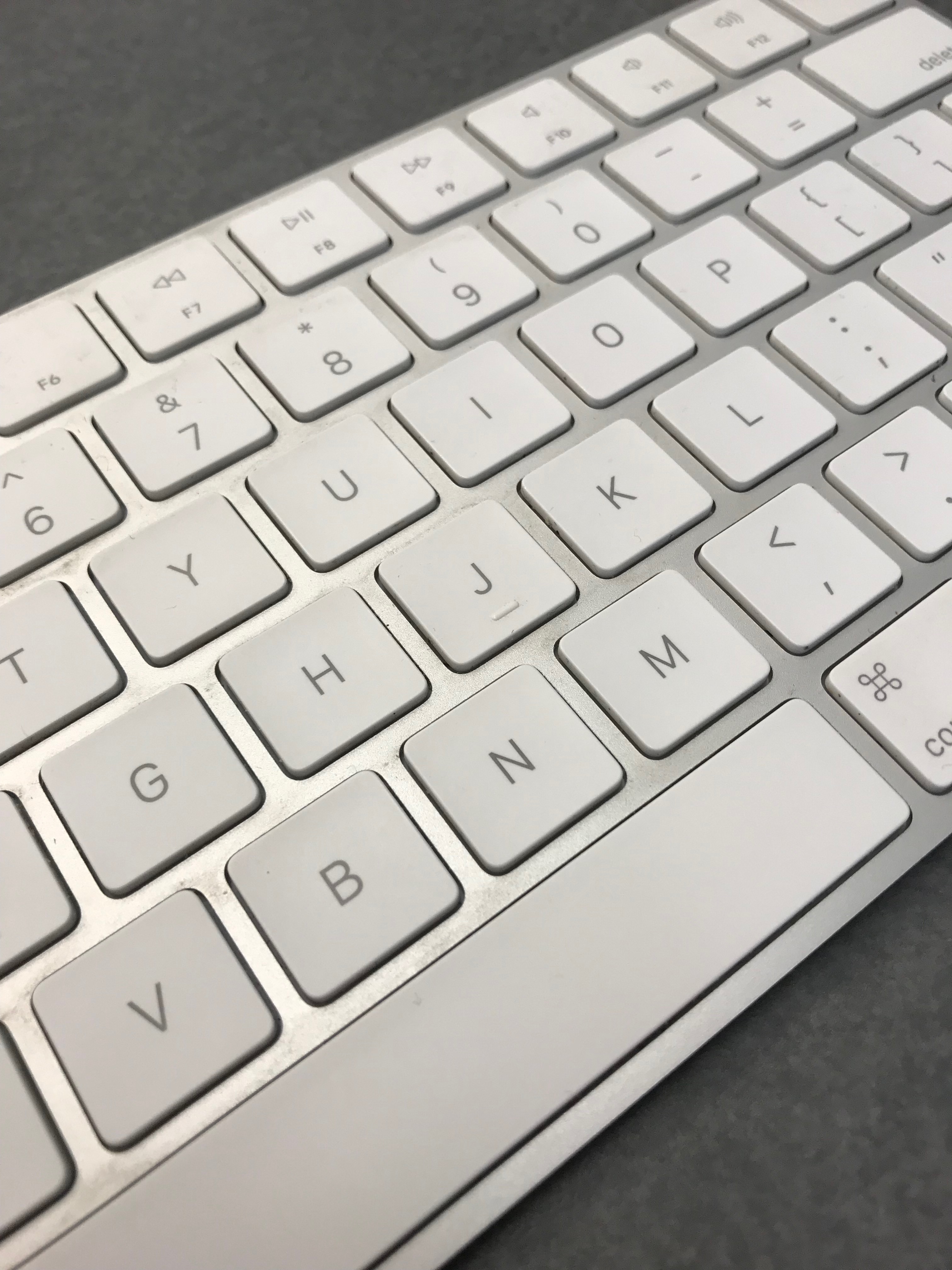
I know you've heard it before. Maybe even from me. But it's true. You need a CV and you need to keep it up to date. CV stands for curriculum vitae - "the course of your life." It should be a record of all your career-related achievements. The best thing to do is put everything you think might be related in there. Add things as they occur.
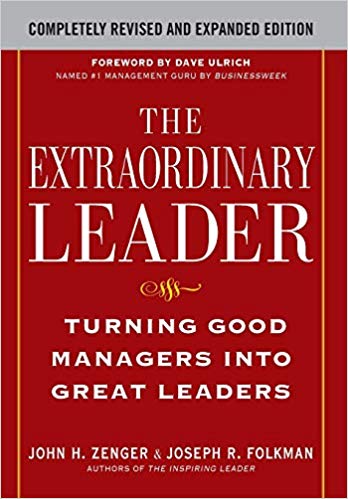
Like it or not, you will end up in a leadership position. You may already be in one. It's good to start thinking about this sooner rather than later. This month's suggested reading, which is based on extensive research by the authors, will help you understand what makes someone a good leader. Have a look at "The Extraordinary Leader" by John Zenger and Joseph Folkman. It's considered a classic in the leadership field.
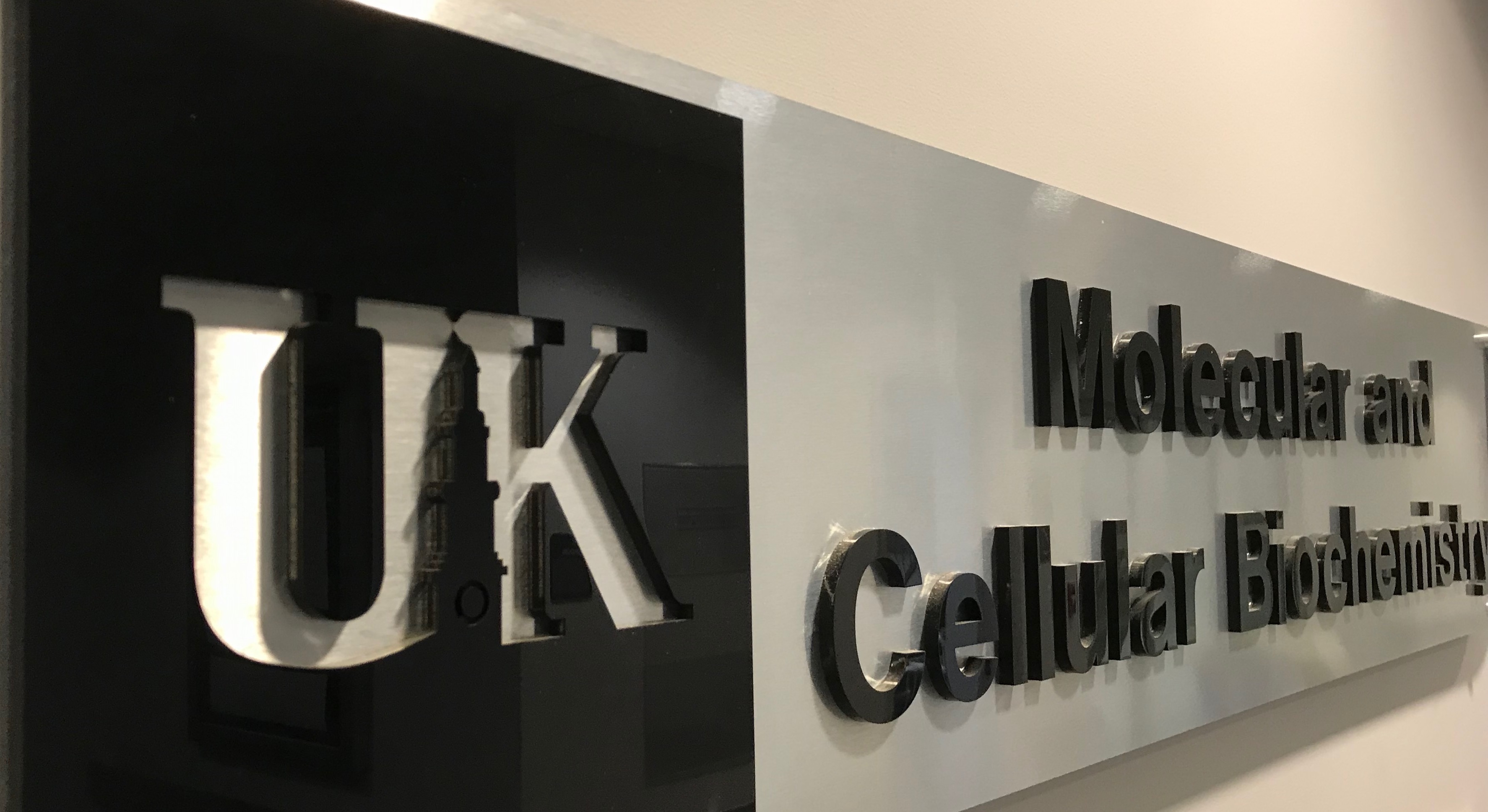
In July the Department had four publications listed in PubMed.
1: Brewer MK, Uittenbogaard A, Austin GL, Segvich DM, DePaoli-Roach A, Roach PJ, McCarthy JJ, Simmons ZR, Brandon JA, Zhou Z, Zeller J, Young LEA, Sun RC, Pauly JR, Aziz NM, Hodges BL, McKnight TR, Armstrong DD, Gentry MS. Targeting Pathogenic Lafora Bodies in Lafora Disease Using an Antibody-Enzyme Fusion. Cell Metab. 2019 Jul 18. pii: S1550-4131(19)30375-4. doi: 10.1016/j.cmet.2019.07.002. [Epub ahead of print] PubMed PMID: 31353261.
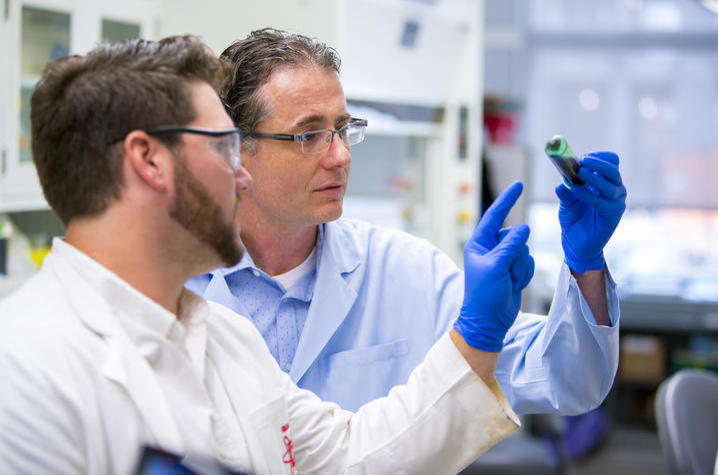
A team of scientists have designed and tested a novel and promising therapeutic strategy for treating Lafora Disease (LD), a fatal form of childhood epilepsy. This new type of drug, known as an antibody-enzyme fusion, is a first-in-class therapy for LD and an example of precision medicine that has potential for treating other types of aggregate-based neurological diseases.
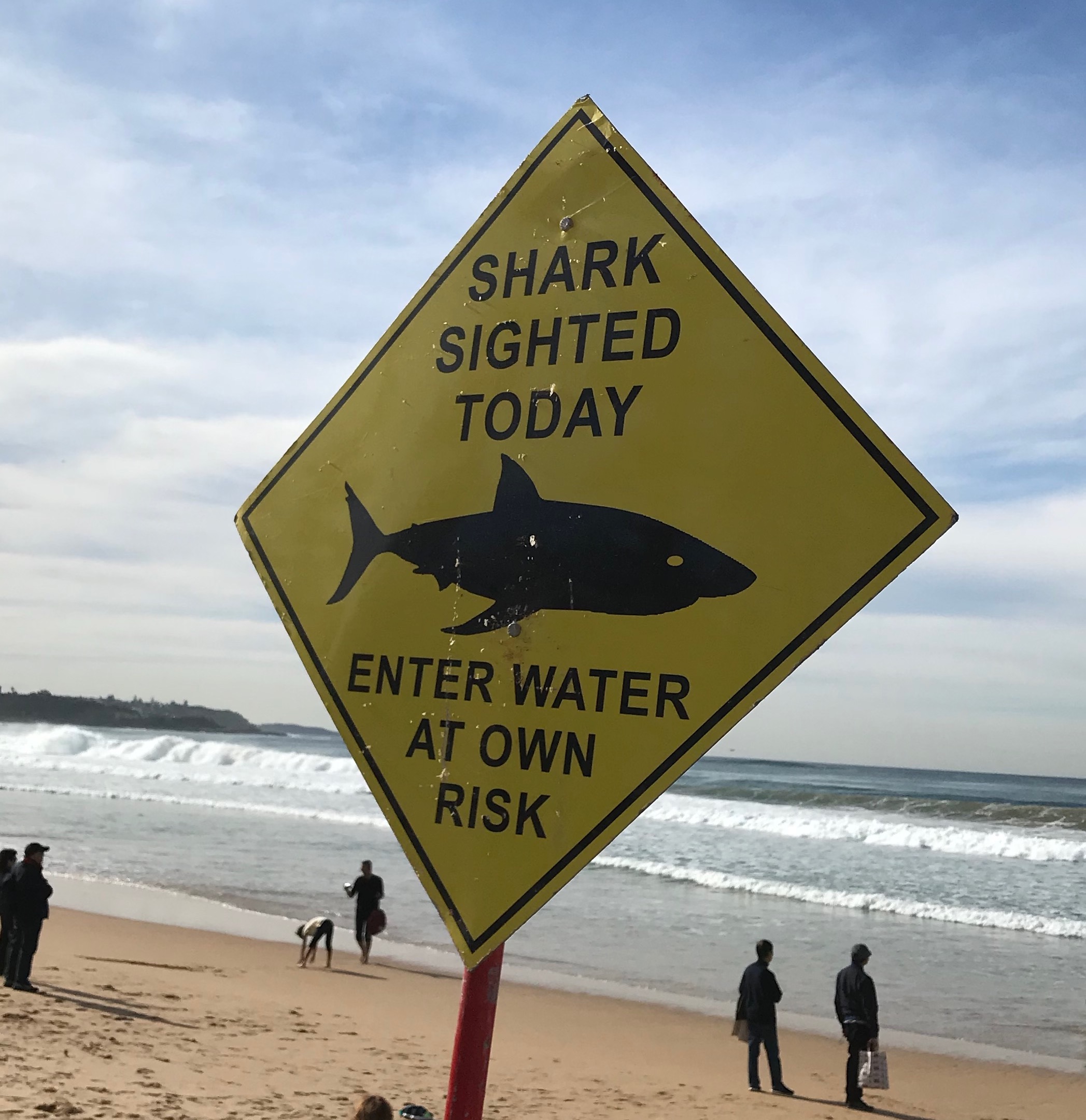
Not all tools need be electronic. The Eisenhower matrix is a tool that helps you think about how to discriminate between urgent and important tasks. Some tasks are urgent. Some are important. Some are both and some are neither. There is a well-documented tendency for people to tackle seemingly urgent tasks without consideration for whether or not they're actually important. Often they're not. On the other hand, tasks that are both urgent and important deserve your immediate attention.

Continuing on the theme of improving how you present your work, this month's recommended reading is The Art of Explanation by Lee LeFever. This is an easy read, but one with some important insights on how to more effectively explain your work. One of the more important aspects covered is at what level you should aim your presentations/explanations (hint: not at experts in your field).
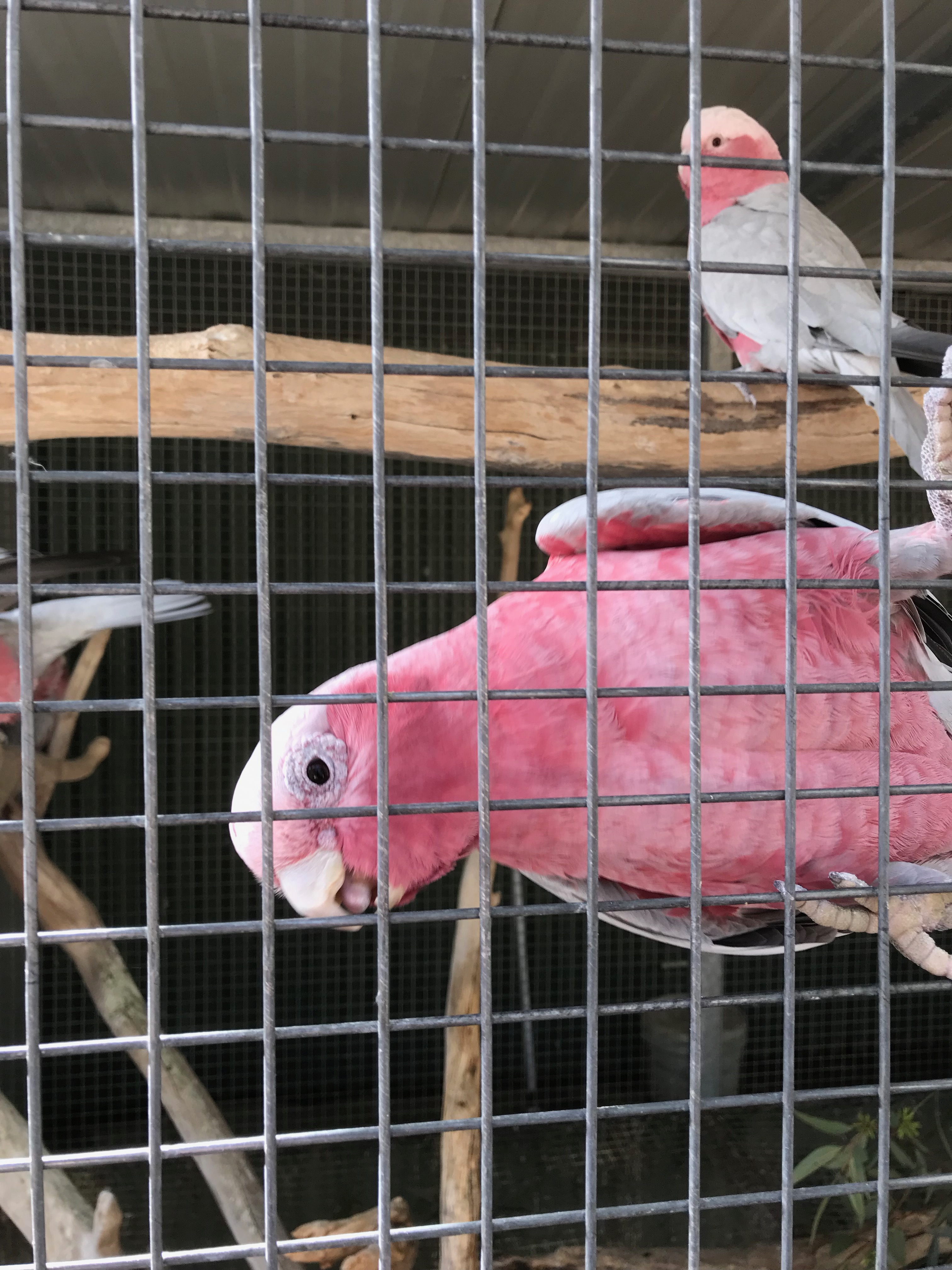
In June the Department had five publications listed in PubMed.
1: Yanckello LM, Young LEA, Hoffman JD, Mohney RP, Keaton MA, Abner E, Lin AL. Caloric Restriction Alters Postprandial Responses of Essential Brain Metabolites in Young Adult Mice. Front Nutr. 2019 Jun 12;6:90. doi: 10.3389/fnut.2019.00090. eCollection 2019. PubMed PMID: 31249833; PubMed Central PMCID: PMC6582370.
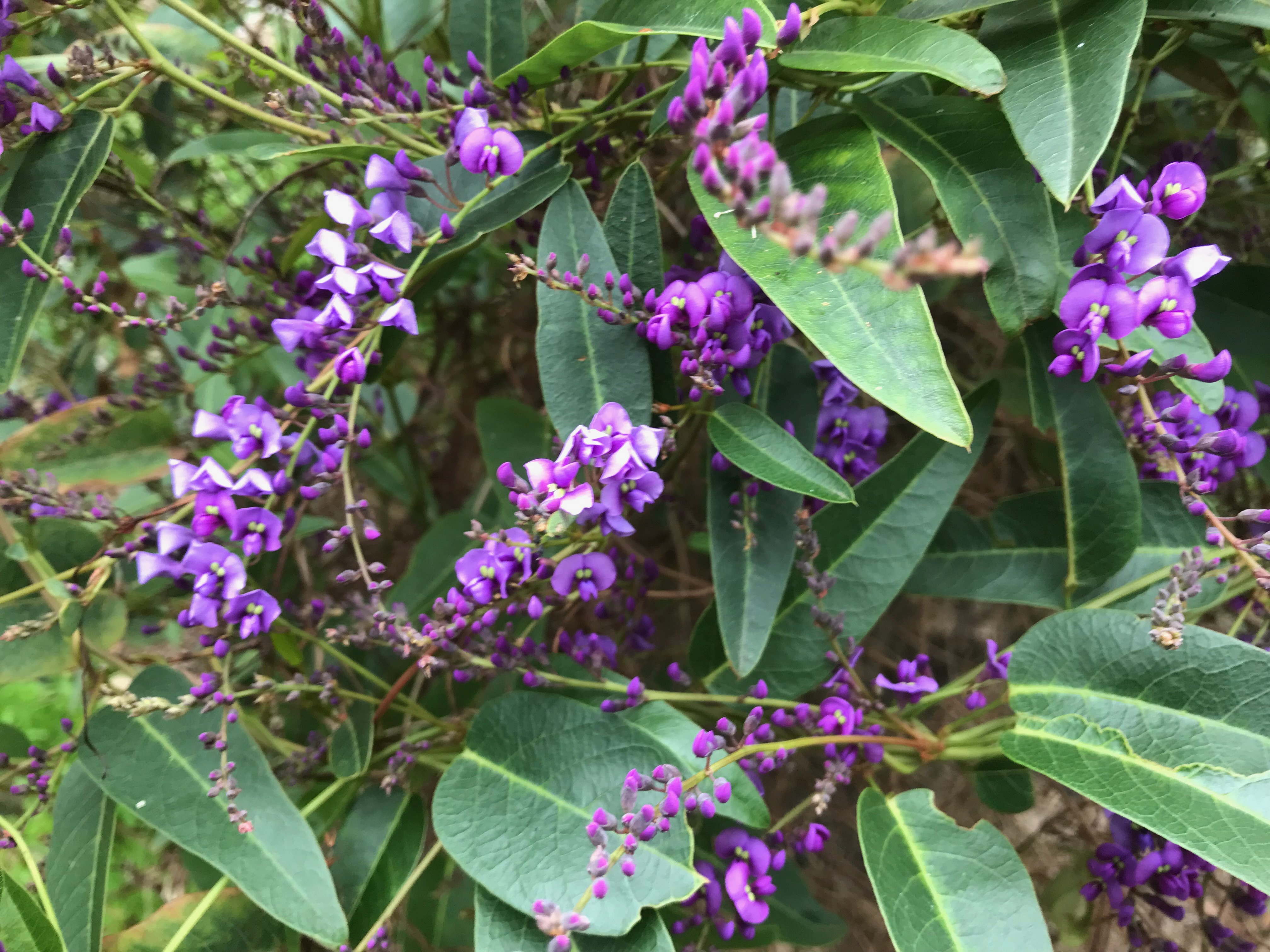
In May the Department had ten publications listed in PubMed.
1: Harper NW, Hodges KB, Stewart RL, Wu J, Huang B, O'Connor KL, Romond EH. Adjuvant Treatment of Triple-Negative Metaplastic Breast Cancer With Weekly Paclitaxel and Platinum Chemotherapy: Retrospective Case Review From a Single Institution. Clin Breast Cancer. 2019 May 24. pii: S1526-8209(19)30123-5. doi:10.1016/j.clbc.2019.05.009. [Epub ahead of print] PubMed PMID: 31208874.

Giving presentations is a big part of being a scientist. Even in industry. Anyone can give a talk. Not everyone can give a really effective talk. Taking all your fantastic data and making a compelling presentation is as much an art as a skil. This month I'm recommending Garr Reynolds' book "Presentation Zen" which has some fantastic advice on how to improve your presentation skills.
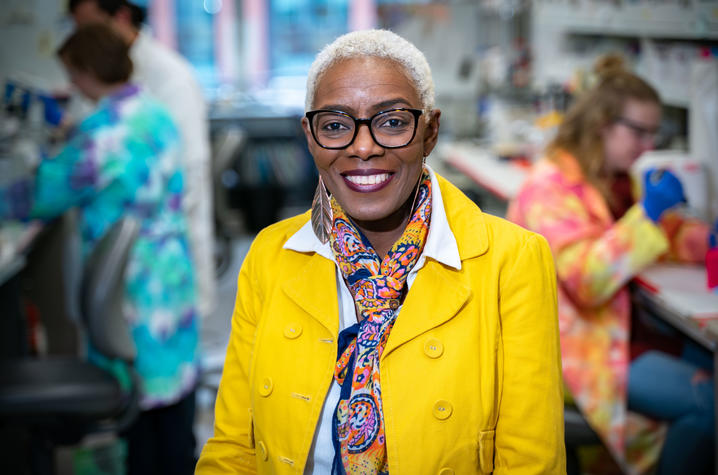
University of Kentucky researcher Yvonne Fondufe-Mittendorf affectionately describes the formation of her career as an “accident.”
Originally hailing from the Republic of Cameroon, Africa, Fondufe-Mittendorf had never even seen inside of a lab before moving to Germany to pursue an advanced degree. At the Georg-August Universitaet in Göttingen, she earned a doctorate in molecular genetics.
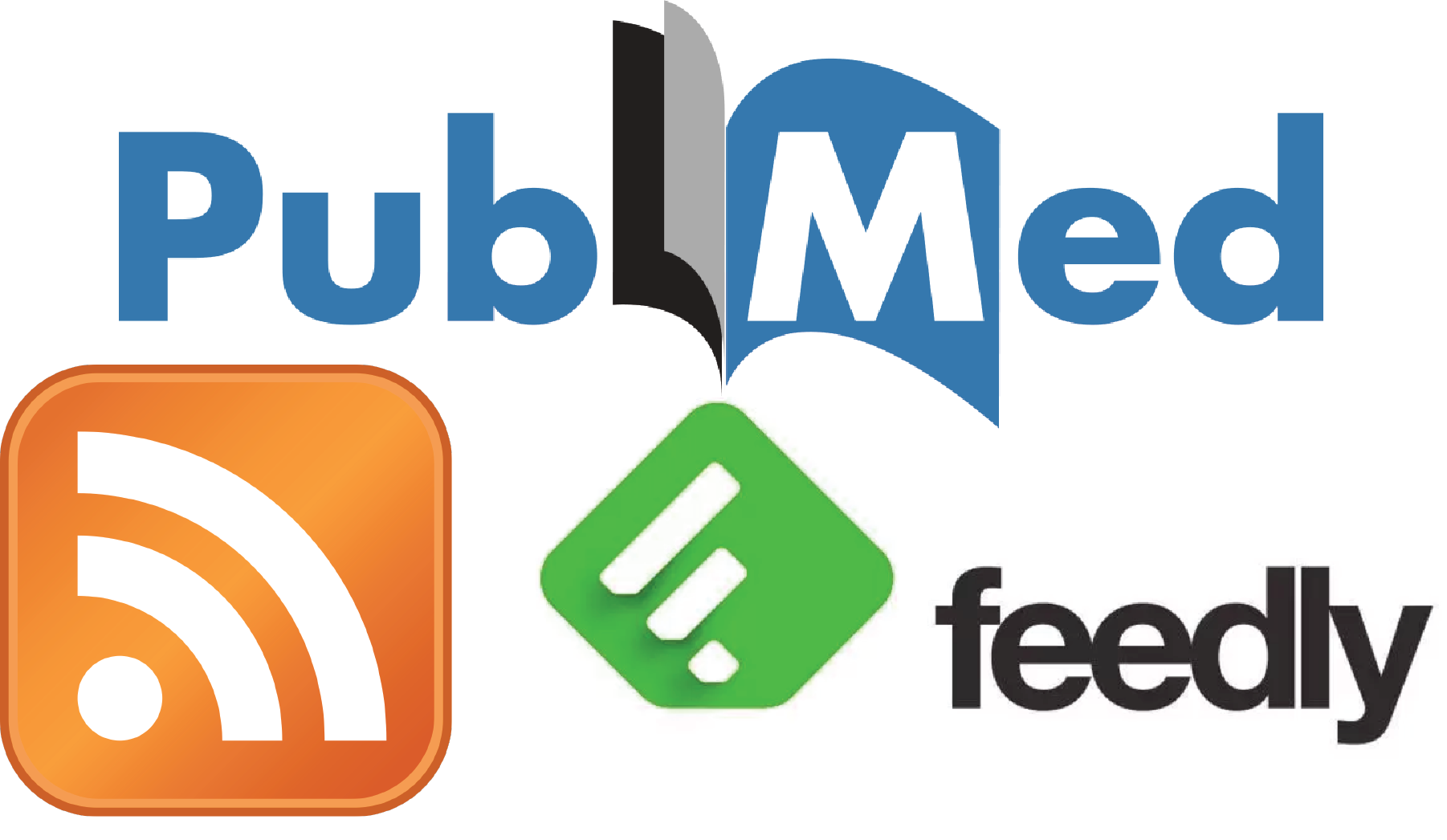
I'm sure you all make use of PubMed (and probably Google Scholar) to try and keep up with the literature in your field. Wouldn't it be nice if there was a way to have automate the process? And have not only the results of your searches but also things like journal tables of content delivered in a single, user-friendly package?
There is.
